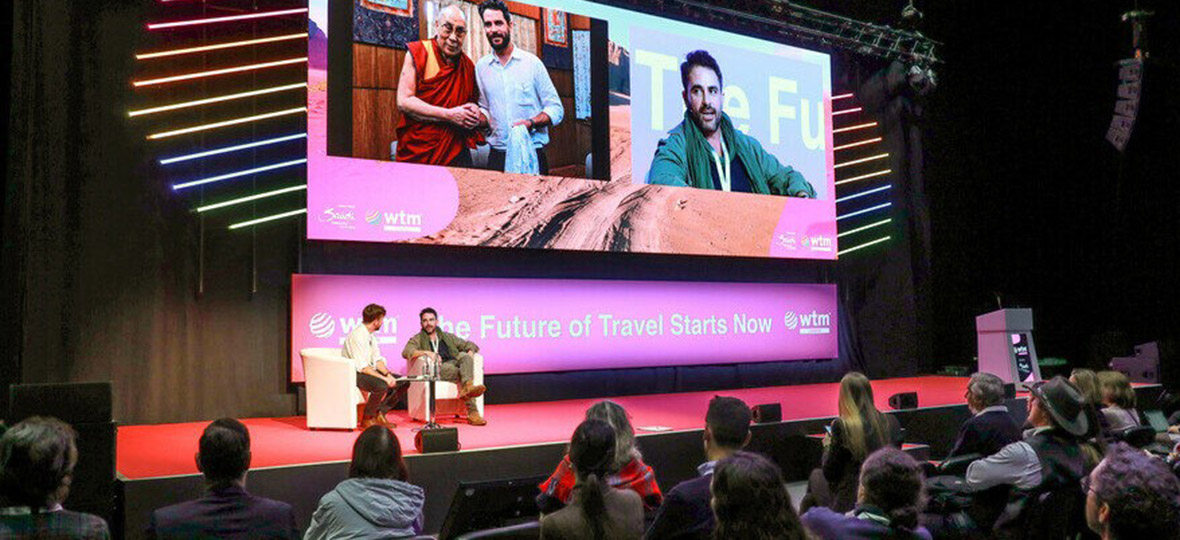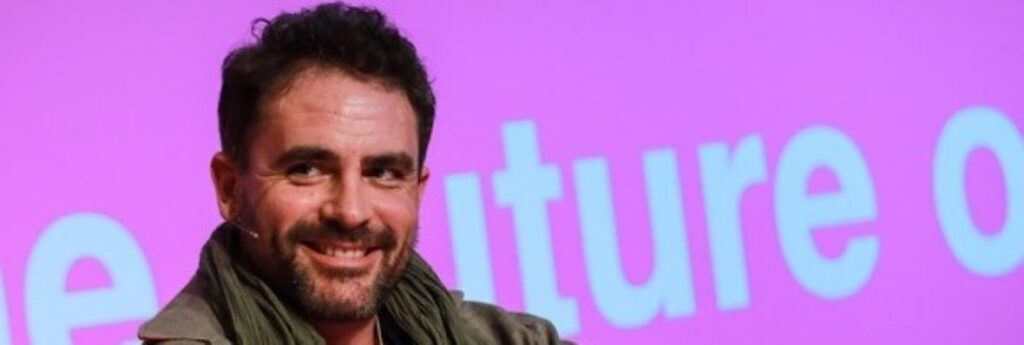Levison Wood – perhaps the most famous television adventurer since Michael Palin – says more people want to feel their travels will give them a “spiritual, emotional connection.” The British filmmaker and author adds, “They want to feel good about what their journey has achieved; it is about giving back.”
Speaking at the recent World Travel Market in London, Levison said he believes that most travellers “have a genuine desire to see the best in people.”
Wood has visited 120 countries over the past two decades and told WTM London delegates about his many adventures, from meeting the Dalai Lama in India to tracking elephants in Botswana.
He talked about going off the beaten track in countries such as Syria, Iraq, Afghanistan, and Sudan, and how he is now highlighting the need to protect wildlife in destinations that he visits.
His work has featured on C4, Animal Planet, Discovery, CNBC and National Geographic and he is known for epic walks – along the Nile, the Himalayas and in South America, as well as through the Caucasus Mountains, and around the Arabian Peninsula.
(Ed note: His series, usually about four episodes per hike, are often shown on PBS in Canada and well worth the watch).

“Humans are all explorers; it is deep in our DNA. Everyone here has an explorer’s mindset. When I go on these extended walks, I find that when you put yourself in the same vulnerabilities as the communities you meet, you’ll see less as a tourist and more as a fellow human being,” he said.
He told the audience how he wants to “shine the spotlight on places that may need more attention,” where tourism can be an important bridge between communities, and a “bridge to peace” generally.
Wood recalled how he set up an adventure operator in 2010 called Secret Compass, which opened up tourism in Iraqi Kurdistan and now offers trips to other off-the-beaten-track destinations.
“I entered travel with no experience or background,” the former soldier said. “It was a sense of optimism that there is a desire to look beyond the headlines and go to places that people would shy away from. We sold out immediately: people wanted a sense of adventure. Experiential and meaningful – that is the future of travel.”
He added: “The travel industry plays such a huge part in bridging communities. We are all ambassadors; we have a duty to show what the world can be like.”

